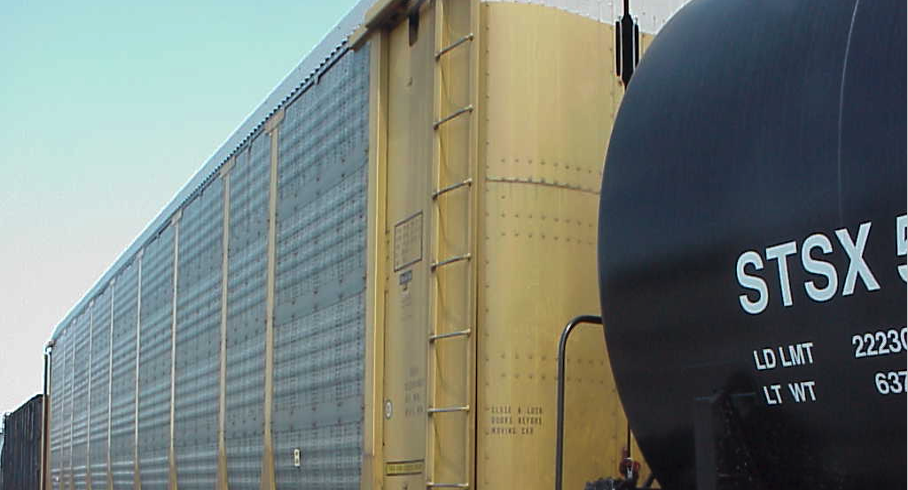
There’s a movement underway in California to eradicate the use of heavy diesel equipment by the year 2042. Diesel trucks, semi-trailers, buses, and even locomotives could be phased out by the rule over the next two decades. At least in California, diesel-powered transportation may become a thing of the past.
The new rulemaking was set in motion last March when the U.S. Environmental Protection Agency issued a decision allowing California to require truck manufacturers to increase the sale of zero-emission trucks, including semi-trucks and even passenger pick-ups. The EPA’s decision was based on the Clean Air Act which provides authority for states to address pollution from cars and trucks. California’s air quality is traditionally among the worst in the nation. Under the rule, beginning in 2036, no new diesel-powered trucks can be sold in the state, and large trucking companies must convert their existing fleet to electric or hydrogen models by 2042. Railroads must also stop using engines that are more than 23 years old by 2030, phasing out diesel-powered locomotive engines altogether by 2042.
It is undisputed that diesel smoke causes air pollution and it also causes cancer. Exposure to diesel exhaust can cause lung cancer and bladder cancer, as well as other cancers. The International Agency for Research on Cancer (IARC), is part of the World Health Organization and its major goal is to identify causes of cancer. IARC classifies diesel engine exhaust as “carcinogenic to humans,” based on sufficient evidence that it is linked to an increased risk of lung cancer. IARC also notes that there is “some evidence of a positive association” between diesel exhaust and bladder cancer. The is also medical and scientific evidence that diesel exhaust exposure can cause other types of cancer including colorectal cancer and laryngeal cancer.
The California Trucking Association has filed a lawsuit in a federal court seeking to halt California’s latest regulations aimed at banning diesel trucks in the state. The Association has argued that the new regulations lack legal authority and irreparable harm will come to the trucking industry if these new regulations are enforced.





